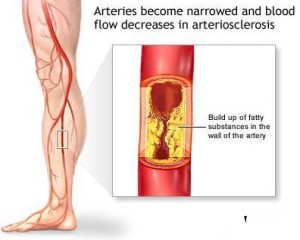Research Canadian pharmacy: illnesses associated with diabetes
Global Canadian Pharmacy: Other illnesses associated with diabetes
I have recently had a severe cough and cold and have been given ‘diabetic’ cough medicine by the doctor. Since then my blood glucose has been very high. Could this be due to the medicine? 
Antibiotic syrup and cough linctus are often blamed for making diabetes worse during an illness such as flu or a chest infection. In fact a dose of antibiotic syrup only contains about 5 g of sugar and will have very little effect on your blood glucose. It is the illness itself that unbalances the diabetes. In general, medication from your doctor will not upset your diabetes.
Any infection or serious illness will cause a rise in blood glucose and it is important to test your blood if you feel unwell. If you are taking insulin you will probably need to increase the dose during the illness and it is very important to continue regular insulin injections even if you are not eating. If you are vomiting and unable to keep fluids down you will need hospital admission for intravenous fluids. Vomiting can sometimes be a sign of ketoacidosis, which may be fatal if untreated.
The rules for illness are:
- Test blood at least four times a day;
- If tests are high take extra doses of short-acting insulin;
- If the tests are low, take a sugary drink such as Lucozade to treat the hypo;
- Never stop insulin.
It is of course possible to get over a bad cold by carrying on with your normal dose of insulin and accepting bad control for a few days. However, this means that your mouth and nose will be slightly dehydrated and it may take longer before you feel back to normal. You will probably feel better more quickly if you adjust your insulin and try to keep the blood glucose near normal.
I have noticed that I suffer from more colds since developing diabetes. Could this be due to the diabetes?
https://twitter.com/healthcare_mall – canadian health care mall twitter.
Many people make this observation, but there is no real reason why the common cold should be more common in diabetes. However, a relatively minor cold may upset your diabetes control and lead to several extra days of feeling unwell (see previous question). This may make it a more memorable event. To repeat the previous advice, never stop insulin.
What is the best treatment for someone suffering from hay fever? I understand that some products can cause drowsiness, which could affect my balance and be confused with a hypo.
You can use exactly the same treatment for your hay fever as people without diabetes, as it does not affect your control. Antihistamines are often used for hay fever and these may make you feel sleepy, but this should be easy to distinguish from a hypo. Remember that, if you are on antihistamines, you should be very cautious about drinking alcohol. Hay fever can also be alleviated by using a nasal spray to reduce the sensitivity of the membranes in the nose.


